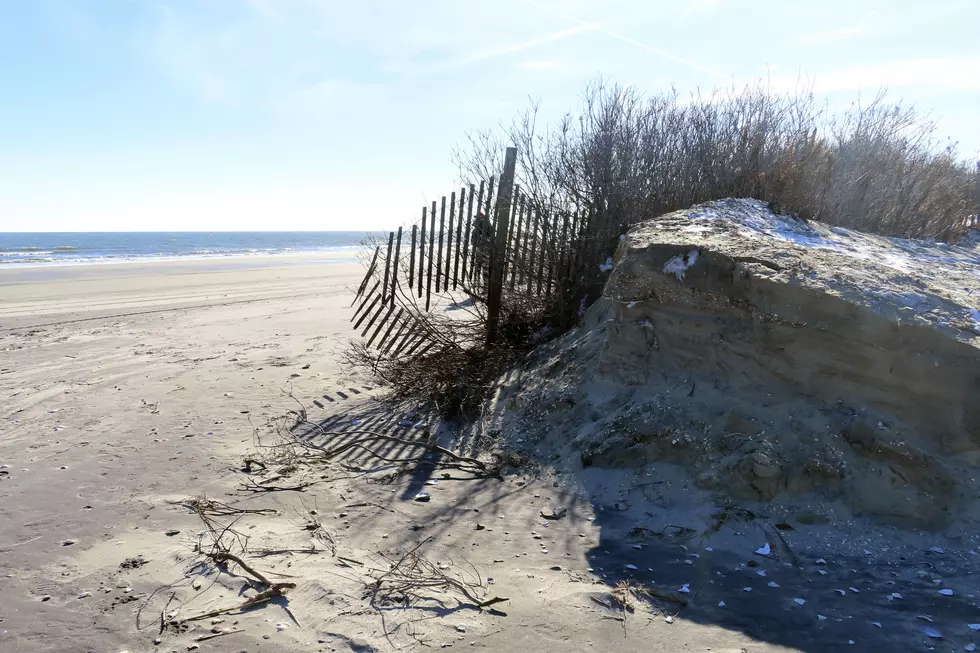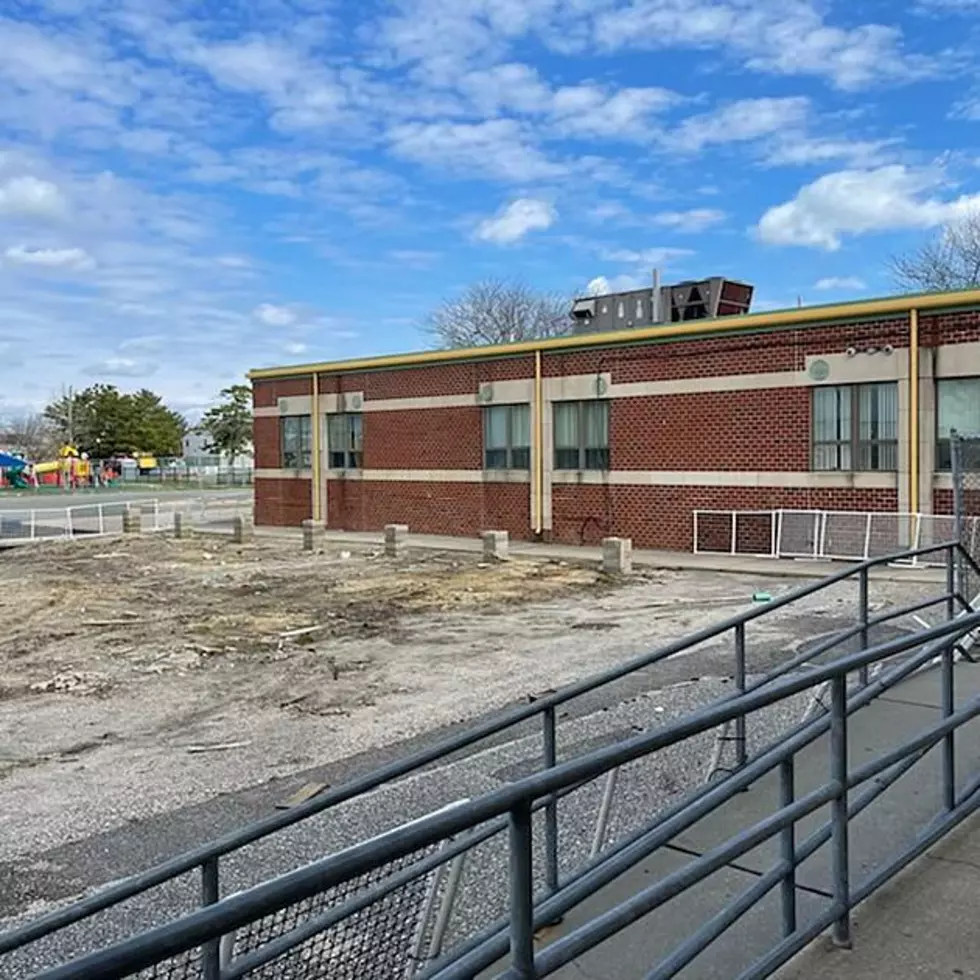
Murphy orders creation of NJ-wide climate-change resilience plan
On the seventh anniversary of Superstorm Sandy, Gov. Phil Murphy Tuesday directed his administration to come up with a statewide climate change resilience strategy.
The executive order Murphy signed in Hoboken, which suffered extensive flooding from Sandy, establishes a Climate and Flood Resilience Program in the state Department of Environmental Protection and an Interagency Council on Climate Resilience that will be comprised of 16 state agencies.
“It would be naïve of us to think that we won’t ever see one of Sandy’s siblings in New Jersey,” Murphy said. “The simple fact is that global climate change, especially the warming oceans that feed hurricanes, are making it all the more likely that Sandy wasn’t a 100-year event or even a once-in-a-lifetime event.”
The statewide resilience strategy is due to be completed by Sept. 1, 2020, and take into account at least eight measures, including long-term water and energy resource security, reducing the risk of wildfires in state forests and supporting sustainable economic development.
It will include a specific plan for coastal areas and be updated every two years.
“The truth is that climate change is not coming,” Murphy said. “It is already here.”
“New Jersey is ground zero for the negative impacts of climate change, and New Jersey cannot be content with anything less than being a national if not global leader in resilience and pushing back against the reality of climate change,” he said.
The event was held in Hoboken near a “resiliency park” created after Sandy – open space that can hold 450,000 gallons of rainwater after storms. Two have opened, and a third is being developed.
“What Superstorm Sandy underscored was the undeniable fact that sea levels are rising and we must do something about it now because it could determine if cities like Hoboken will even exist in the future,” said Mayor Ravi Bhalla.
Environmental Protection Commissioner Catherine McCabe said the response to climate change must be accelerated.
“Responding to climate change is the single biggest environmental challenge that we face in our state, in our country and globally,” McCabe said.
Jeff Tittel, director of the New Jersey Sierra Club, said Murphy hasn’t shown “a sense of climate urgency.”
“This plan is long overdue. The transition team asked Murphy to do this day one given the climate urgency,” Tittel said.
Janet Tauro, New Jersey board chairwoman for Clean Water Action, said New Jersey needs to regulate greenhouse gas emissions and put a moratorium on projects connected to fossil fuels such as natural gas. She said planning at the Shore after Sandy has been “near to nonexistent.”
“What good is it to be 12 feet high if there’s no place to go because of flooded, dangerous roadways?” said Tauro, who lives in Brick. “We saw walls of water come at us, and I hope it never happens again, but if we do have another Sandy, we are in much worse shape here at the Shore than in 2012.”
Murphy’s executive order directs the State Planning Commission to incorporate climate change consideration as a mandatory requirement for the State Development and Redevelopment Plan to endorse local planning.
Peter Kasabach, executive director of New Jersey Future, said that’s an important step.
“New Jersey, one of the most flood-prone states, needs to start planning with tools such as a sea-level rise standard and a design storm in order to mitigate the economic consequences of climate change,” Kasabach said.
More From WPG Talk Radio 95.5 FM










